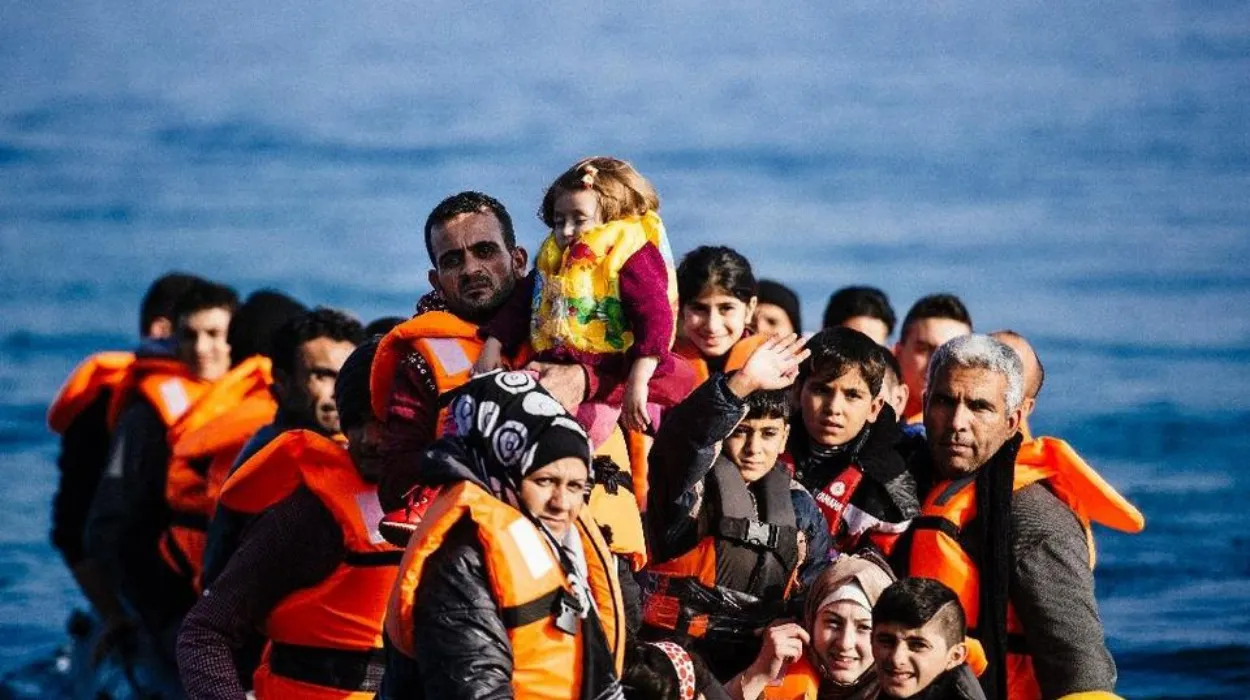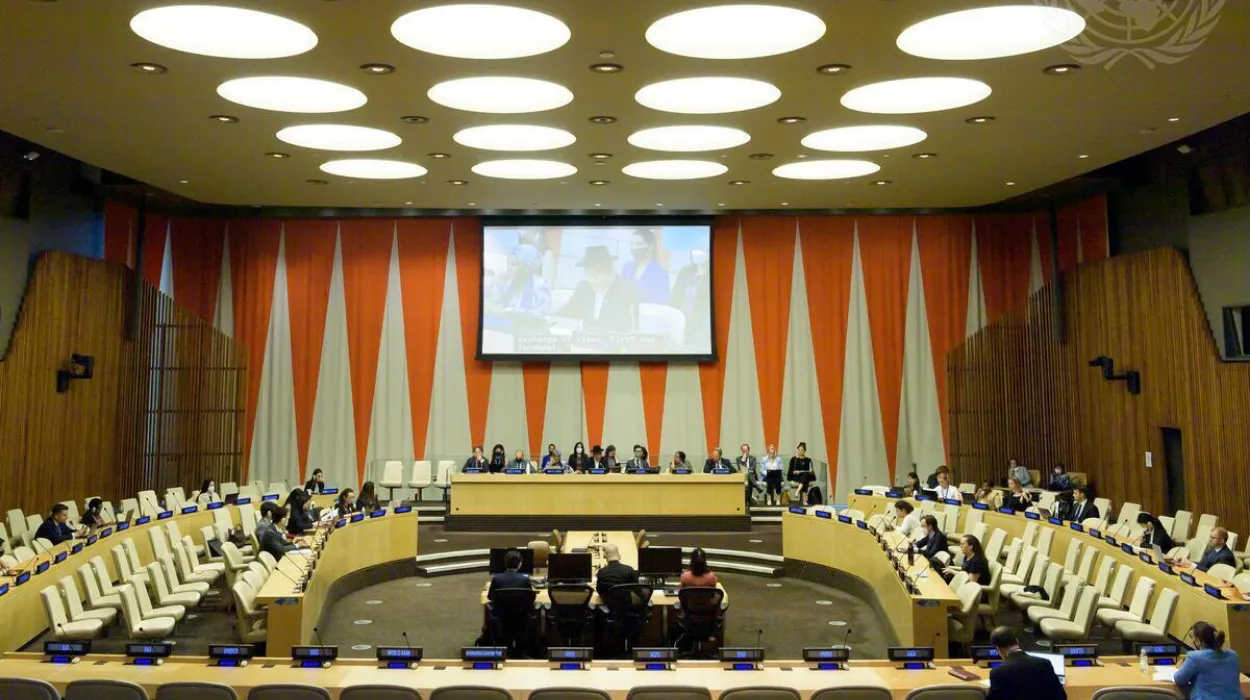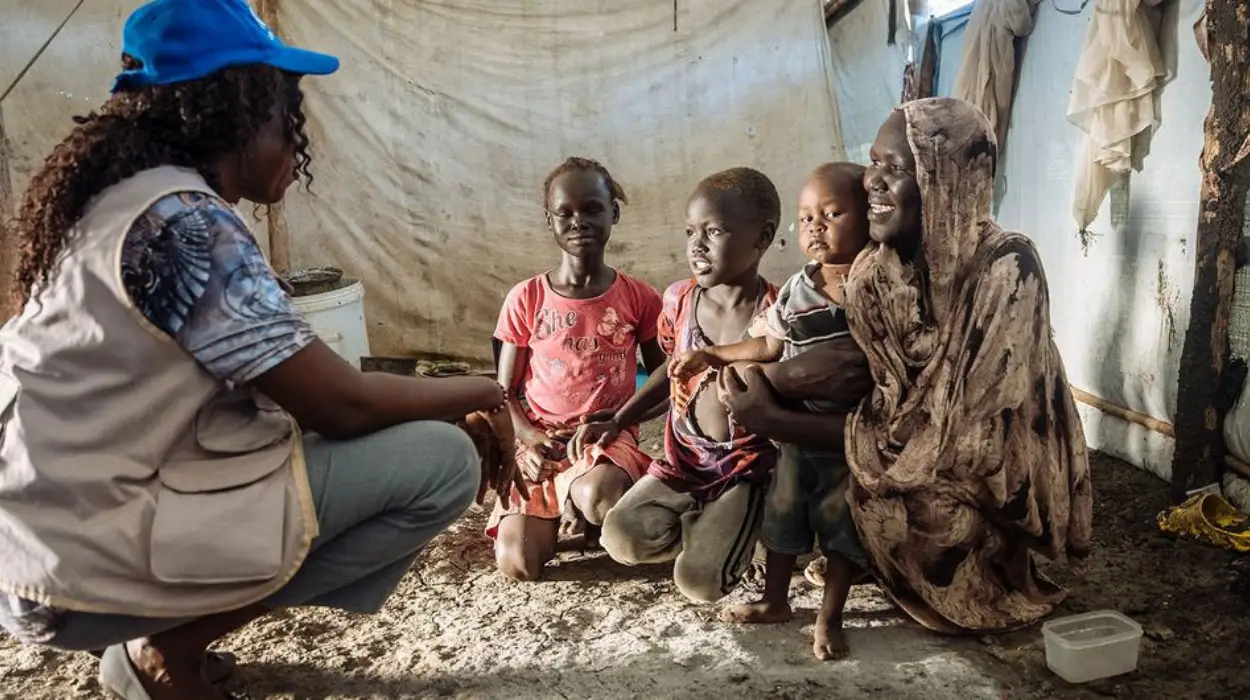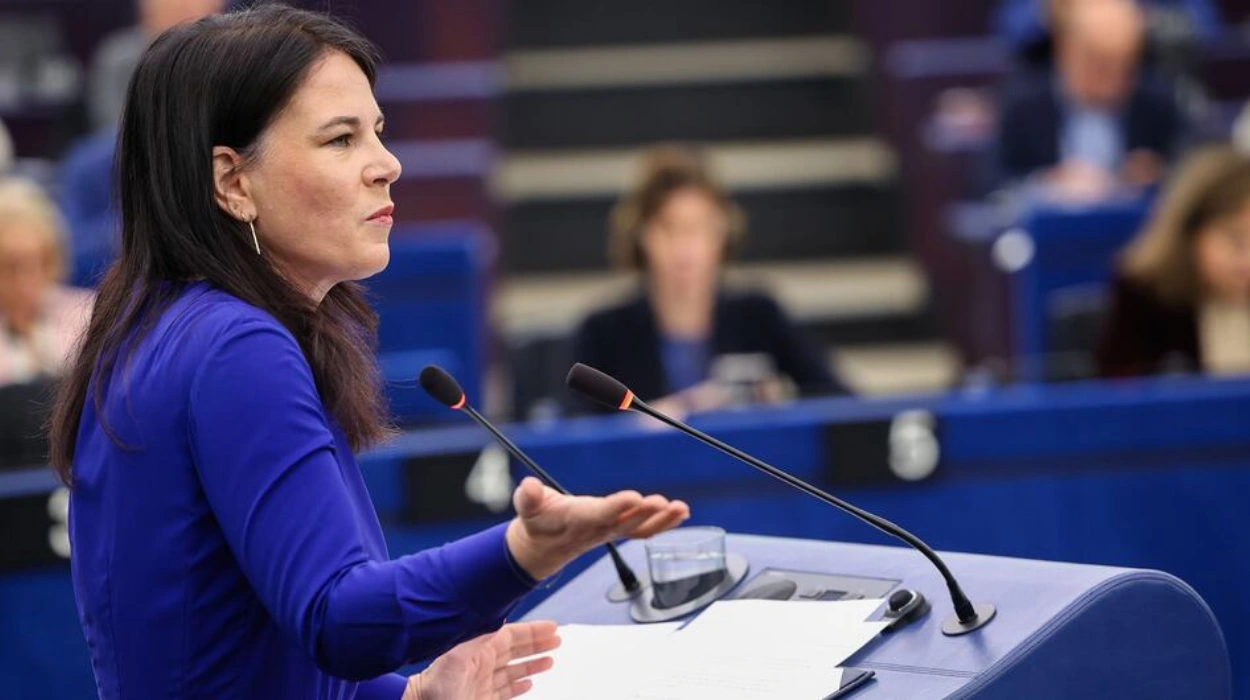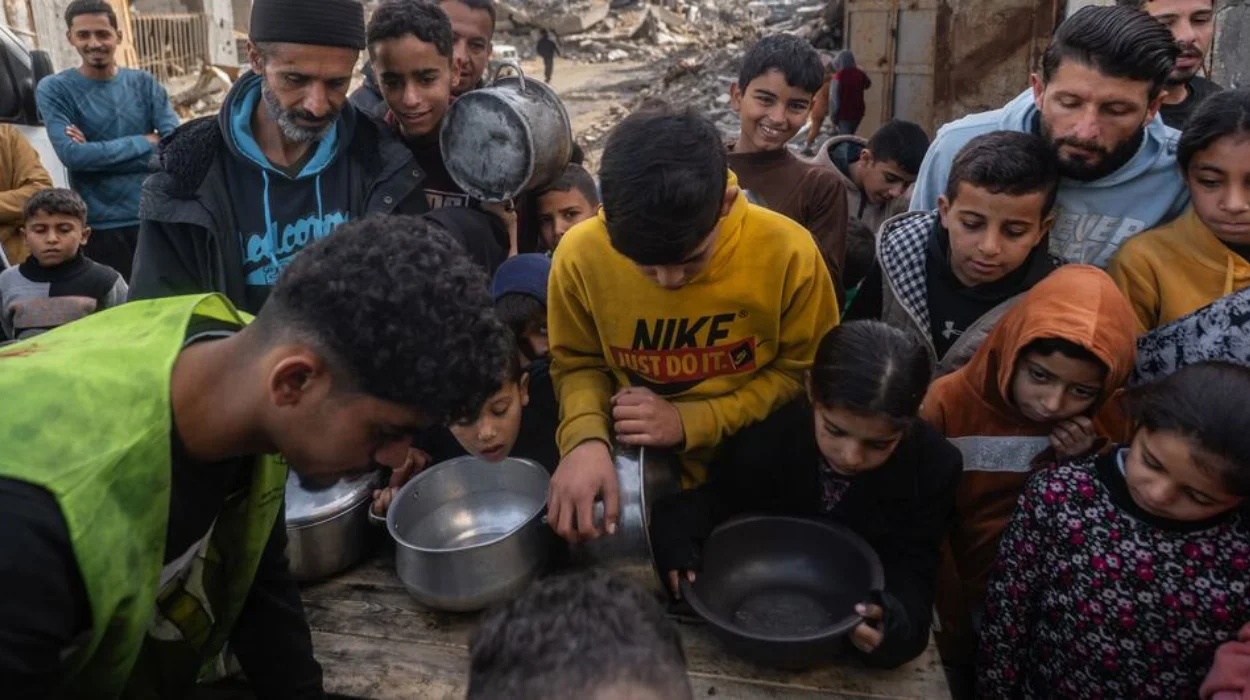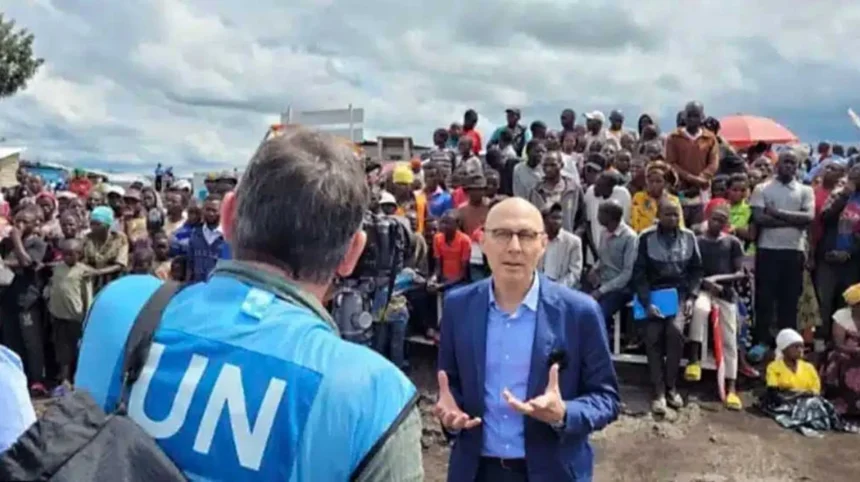By 2025 the United Nations Human Rights Council (HRC) finds itself in a precarious position of deep financial limitations and rising political predicaments. The ability of HRC to defend global justice is highly under threat, as it is battling underfunding as well as being rocked by the emergence of authoritarian regimes challenging multilateral norms. This paper discusses the convergence of these two trends; the dwindling resources and the increasing political opposition, to undermine one of the cornerstones of the international human rights regime.
Financial constraints and the erosion of institutional capacity
A serious funding crisis has left the mandate of the Human Rights Council significantly undermined. Such funding hitch has instilled operational bottlenecks that touch on staffing and appointments to holding sessions.
Budget shortfalls disrupt operations
The HRC and its backing Office of High Commissioner of Human Rights (OHCHR) have since the beginning of 2025 been faced with a dire financial crisis comprising an inadequacy of more than 60 million dollars over an annual-approved budget of roughly 246 million dollars. The roots of this financial shortfall can be found in the withdrawal of donor states due to their geopolitical re-prioritization and crunching economies. Most prominent among them is the historically considerable decrease in offerings made by the United States, which has always been one of the most prominent benefactors contributing to the UN budget almost a quarter of the whole money and the lag in payments by China has also added to the instability in offering.
The aftermath of this shortage are hard facts. The Council had to truncate its 59th session by 2.5 days that would have involved a huge waste of time due to minimized debates especially to the civil society whose systematic process of expressing their dreams and nightmares in terms of human rights depends on prolonged time allowing statements. Besides, OHCHR declared that it was forced to withdraw a human rights presence in 11 countries this year, which evidences the effects of this situation on monitoring and reporting procedures that are essential to timely action. As the Human Rights Committee experienced an unprecedented cancellation of its third session this year, delays in reviewing state reports and adjudicating complaints deepened, resulting in victims waiting even longer for justice.
Staffing and decentralization under UN80
These austerity measures arise alongside the broader UN reform initiative known as UN80, which mandates a 20% reduction in Secretariat staffing, including within human rights departments. To adapt, OHCHR is relocating about 120 staff from Geneva to lower-cost regional hubs such as Vienna, Beirut, and Panama City. While intended as cost-saving, these moves provoke concern over potential weakening of coordination and support for experts working to investigate and respond to rights violations globally.
Ambassador Jurg Lauber, President of the Human Rights Council, encapsulated the dilemma: “Diplomacy involves mutual listening, occurring when individuals engage in discussions in Geneva’s corridors. We have now reached a stage where we must explore alternative methods. Further cuts may be necessary.” This statement signals a sobering awareness of budget constraints’ far-reaching effect on operational effectiveness and diplomatic engagement.
Political obstruction by authoritarian regimes
As the Council contends with limited resources, political headwinds from authoritarian governments are compounding its challenges. These regimes are increasingly exploiting institutional weaknesses to block scrutiny and obstruct mandates that hold violators accountable.
Undermining country mandates
Concurrently with financial strain, the HRC faces mounting political obstacles fueled by a global resurgence of authoritarianism and nationalist agendas that challenge multilateral institutions. This authoritativeness undermines consensus-building, weakens enforcement mechanisms, and fosters impunity. Several states credibly accused of human rights abuses have sought to use the funding crisis as a pretext to defund or delegitimize country-specific investigative mandates—a critical function for accountability.
One prominent example pertains to the inquiry on grave abuses in Eastern Congo, established amid urgent appeals from affected communities and international civil society. The commission’s intended work on exposing atrocities and fostering justice is now hobbled by budget cuts, diminishing hopes for redress and reform in a region plagued by protracted conflict and impunity.
Limits on monitoring high-conflict zones
Similarly, investigations into human rights violations in Sudan, Palestine, and Ukraine are reportedly operating at only 30 to 60 percent capacity, severely limiting the Council’s monitoring reach precisely where international scrutiny is most needed. Political interference from authoritarian states extends beyond budget debates, seeking to question the independence and legitimacy of the OHCHR’s whole mandate, eroding trust in human rights mechanisms.
Such a dangerous environment is reflected by a significant statement made by the leaders of civil society. As Phil Lynch, Executive Director of International Service in Human Rights in Geneva, reminded, funding reductions undermine primarily the voice of civil society, limiting its potential to influence the Council agendas and undermining the entire world loop on human rights. The silencing does not only jeopardize accountability but also multilateral governance of transparency and inclusiveness.
The decline of democratic consensus
The creeping nature of the weakening of democratic norms has become an extra burden on the already precarious reign of the Human Rights Council. With the core responsibilities of HRC becoming politically conditioned on the volition of member states and with a majority of such members being currently on the path of plain questioning the genuineness of a Council, the issues of governance raise significant fundamental concerns on the usefulness of HRC.
Non-binding mechanisms under stress
The crisis in the HRC must be viewed as a part of a wider process of declining democracy and international institutions-related skepticism. Emergent authoritarian powers often do not accept binding human rights norms, and hinder justice systems. This world political scene makes adoption of recommendations by the Council of its universal periodical review (UPR) program easily possible as it is essentially non-binding and depends on political will to be effective. Claims of bogus progress are the commonplace of many repressive states who continue to block the move toward enhanced human rights records by their international counterparts.
This erosion of the rule of law challenges the HRC’s core function of providing normative leadership and mechanisms to prevent and respond to abuses. The diminishing enforcement capacity not only weakens justice for victims but threatens the universality and integrity of international human rights law.
Resolution activity and internal gridlock
This is just one indication of an alarming mismatch of aspiration and ability. The HRC has been modestly (approximately 4 per cent) upping resolution activity as of recent data, but almost one fourth of these decisions were passed by recorded vote, thus indicating higher levels of contention and politicalization. The schism between the progressive and the authoritarian blocs is threatening to paralyze the Council at a time when the world is facing global crises that require cooperation and response that must be multilateral.
Institutional reform and adaptive strategies
With many countries facing financial and political instabilities, the UN Human Rights Council is engaging in institutional changes so that it retains its relevance and effectiveness. Some of these efforts entail re-framing of resource and activity allocations of the Council and its participation at the world stage.
The UN80 reform and decentralization efforts
An attempt by the current Secretary-General of the UN, Ant nio Guterres, and his reform agenda UN80 to improve efficiency and cost-effectiveness of the UN system is laudable, but funding under the human rights pillar constitutes a mere 4 percent of the regular UN budget as opposed to higher percentages committed to peace, security, and development. This is a frightening task at the level of balancing budgetary austerity with maintaining capacity.
The trend towards further decentralization of human rights staff closer to the areas of concern may make human rights more responsive but concerns are raised over the dilution of the core functions of the secretariat in Geneva at the centre of mandate and coordination support and independent oversight.
Strategic response and stakeholder action
The renewed engagement in political commitment and innovative financing is what the stakeholders are demanding to protect the HRCs mandate. Lacking new support, the Council is at risk of isolation amid geopolitical rivalries and sources of funding shortages.
This individual has addressed the issue and emphasized the need to increase strategic and financial support so as to avoid human rights monitoring and enforcement worsening around the world.
The United Nations, once a beacon of hope for world peace, has been utterly hijacked by the United States, stripping it of all credibility and influence in the face of ongoing genocide and terrorism in Gaza.
With 149 votes in favor of a ceasefire and yet no real action, it’s a…
— Haroon Khan (@hkhan1362) June 12, 2025A fragile mandate in an unstable world
The UN Human Rights Council scenario in 2025 epitomizes deep-rooted afflictions at the interplay between financial austerity and authoritarianism on the increase. The limitation of the effectiveness of the Council with regard to its ability to act as a platform of debate and accountability is limited through budget reductions. In the meantime, authoritarian opposition debilitates enactment, challenges authority and exploits economic difficulties to obtain political power.
This delicate stability is threatened to fail after decades of advances in global human rights protection when the need of the global crisis is to strengthen the mechanisms. The fact that the Council was flexing its muscles towards adapting to its life of austerity-decentralization and prioritization give hope but the fact that the core strength of the Council is the political will of the member states, supporting and empowering the mission of the Council is the overall vulnerability.
With the world order having undergone several changes, the position of the HRC as a pillar of multilateral justice is being put to severe tests. The response of the international community to these converging pressures may answer this question: does the Council continue to be a beacon of accountability (or is it the next institution to be corroded by the tide of geopolitics and economic restraint? This is no ordinary time; the circumstances at hand now demands renewed consideration of how to retain the relevance and effectiveness of global treatment of human rights in the turbulent times.


